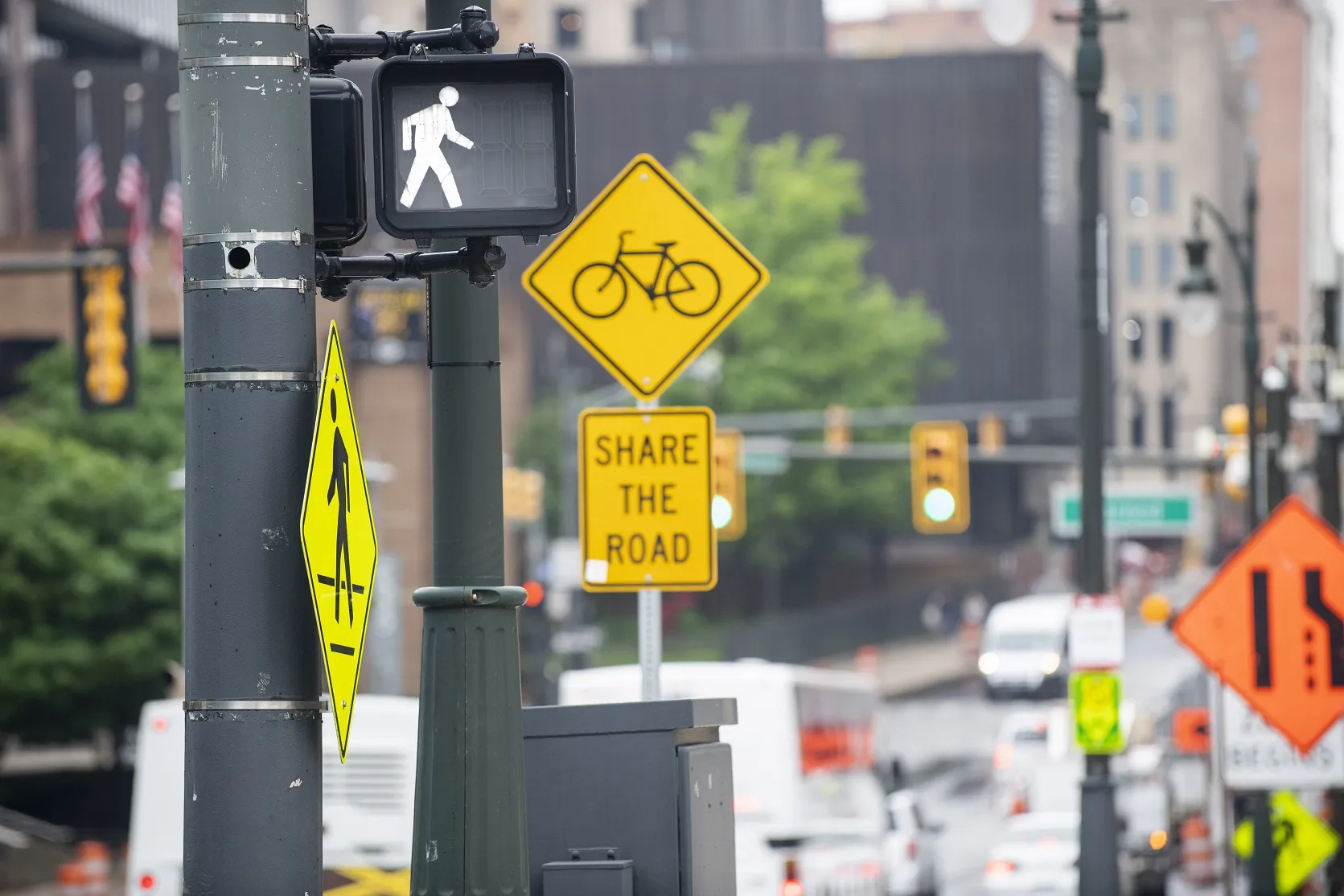
More than half of UK survey respondents want electric scooter licences introduced if public use of the vehicles is made legal.
This reflects public concerns for safety, according to JMW Solicitors, which carried out the survey.
One respondent explained that having an e-scooter licence would “regulate their use and mean [users] can be fined for being unsafe while riding”, while another suggested that because an e-scooter is a motorised form of transport, riders should “pass a test, get a licence and be insured as they may use their scooter more responsibly”.
Additionally, 85% of the 1,000 participants think that e-scooter use should be age restricted, with 82% suggesting use should only be allowed for the over-16s. A quarter said use should be restricted until a person is 18 years old.
Richard Powell, head of personal injury at JMW Solicitors, says: “Up until 1 August 2020, riding e-scooters was illegal on UK roads, unless being used on private land with the landowner’s permission. However, the increasing popularity of this mode of transport meant that rental e-scooters became legal in a bid to ease pressure on public transport amid the Covid-19 pandemic."
“The rising popularity of e-scooters as a mode of transport for tech-savvy riders who want to get from A to B more efficiently comes with a unique set of problems from a safety perspective. In 2019, YouTuber Emily Hartridge was killed in an e-scooter collision after losing control due to an under-inflated tyre, an incident that highlighted just how dangerous e-scooters can be.”
The survey also revealed a lack of knowledge around the rules of using e-scooters, as 52% admitted to not knowing the related law. More than a quarter think that a privately-owned e-scooter can be used in public and 16% believe e-scooters can be used on the pavement, despite both scenarios being banned by the Department for Transport.
“While the Department for Transport has published guidance for e-scooter hire companies, which included a speed limit of 15.5mph, there is not enough awareness being raised among riders and it is still uncertain how safe e-scooters are when compared to other forms of transportation, such as cars and bikes,” Powell adds.
Elsewhere in the survey, respondents believe riders should receive the same safety advice as cyclists (93%), with e-scooter users having to wear a helmet (88%) and high-visibility clothing (74%).
To prevent accidents, JMW says e-scooter riders should consider wearing a helmet to protect against a variety of head injuries and help to prevent injuries caused by collisions.
They should also refrain from using an e-scooter under the influence of alcohol and conduct safety checks, such as a visual inspection for any signs of damage and testing the brakes and throttle before setting off.
The firm points out that riding a scooter during your childhood does not mean users will be able to steer an e-scooter.
According to JMW, this mode of transport can be more difficult to manage because of its small wheels, which means practising before embarking on your journey is a must for novice riders.










